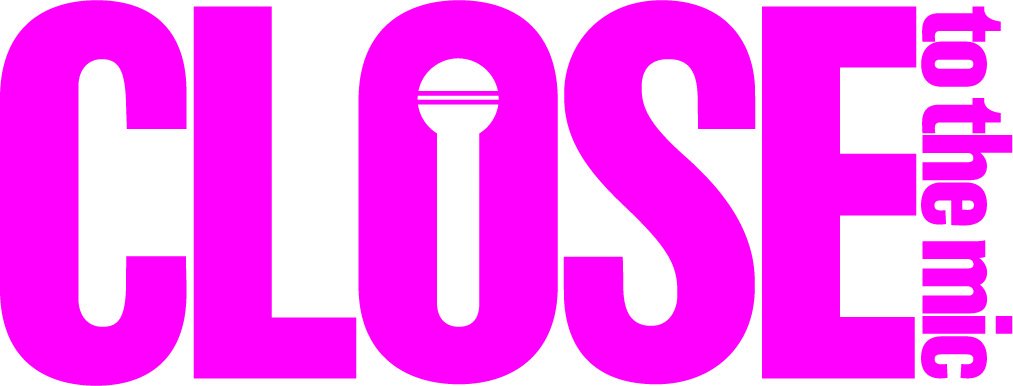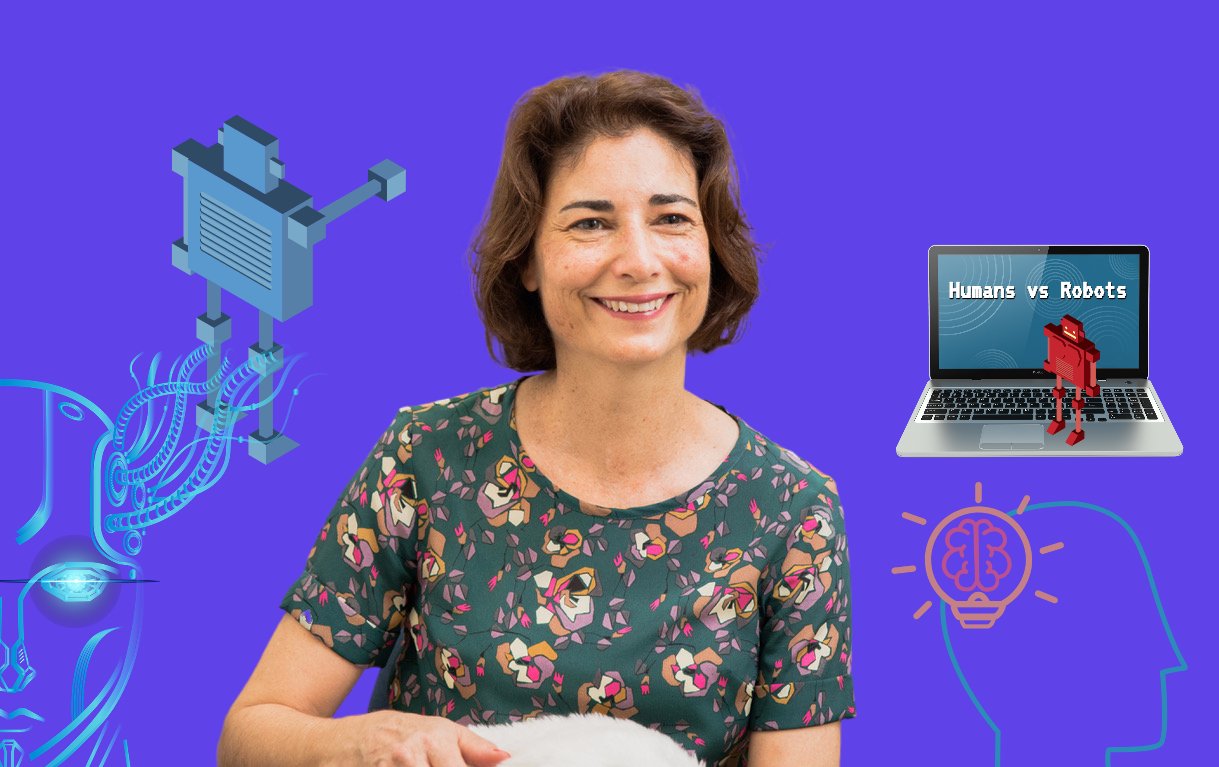Robots Could Aid Access to Podcasting
Professor Elizabeth Broadbent says we have to be careful about how we use AI.
By Sonia Yee
With advances in the podcast space where the human voice could be replaced by artificial intelligence, Professor Elizabeth Broadbent from the School of Psychology at the University of Auckland weighed in on the relevance AI and robots might have in the audio landscape.
Known for her work in technology, Professor Broadbent’s research interests include ‘the emotional connections humans form with robots’ and ‘virtual humans’ - an advanced form of computer agent with artificial intelligence.
Her fascination with robots started as a child, watching sci-fi movies like Star Wars and Blade Runner, and reading science fiction books by Isaac Asimov and Harry Harrison.
“I studied engineering at university because I wanted to make robots like the ones in these stories. It was fascinating to me that we could make AI that could help guide us into making better decisions for the future of humanity,” she says.
When thinking about the human voice versus a machine generated one, there is an undeniable difference. But in order to assess whether AI voices could benefit the podcast space is to consider how humans respond to robot voices and whether a connection can be formed.
According to Professor Broadbent, human voices tell us more about a person than we often realise: “They carry information about our demographics and that includes age, gender, social status, where we grew up, our education and state of health, as well as our emotions, intentions, and cognitive states,” she says.
With accents, people prefer those that are like their own.
“We automatically attribute more positive traits to people with voices like [our own] and this also applies to robots that have similar accents.”
Professor Broadbent believes AI could assist those without a voice. Image supplied.
When we hear robot and AI voices it can be jarring especially if we're watching a digitally created model where the facial expressions - and the content of the speech – don’t match the tone and accent of the voice. In turn, this contributes to an inability to trust the artificial voice over a human one.
So, what are some positive ways in which AI voices could be used effectively in the audio landscape?
Broadbent says having an awareness of the human bias towards accents could be applied to AI voices: if we want to target a specific audience, integrating the same accent to fit the market could be beneficial.
“For example, I may like and trust AI with a [Kiwi] accent, rather than one with a US accent and therefore be more likely to follow its advice,” Broadbent says.
This could be applied to self-help, or even health advice podcasts where building trust is important.
Professor Broadbent says AI voices can also be designed to sound more kind and less critical, which could be useful in contexts “where people are learning new material or are accessing psychological support.”
But one area where podcasters and technology may need to tread carefully is when different languages come into the picture and may be counterproductive.
“We need to be very careful about the text AI language models generate — they may sound very convincing, but that doesn’t mean they are accurate,” she says.
The current warning is that if AI models are trained on biased data, they will also create biased output.
So where could AI generated voices be used most effectively in podcast content, and who should consider this as a possibility?
Professor Broadbent believes AI could help podcasts become more accessible for those who cannot use their own voice.
“For instance, someone who may have a stutter or is unable to speak for medical reasons. Or they may want to appear different to who they really are. It's like writing under a pseudonym where you can have a different gender and identity, and this will change how your message is perceived,” Professor Broadbent says.







Ngiyang is a new podcast that tells the story of how the Wiradyuri language is being reclaimed by the people of central NSW.